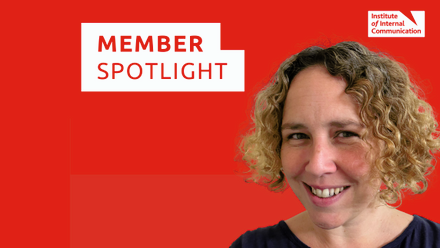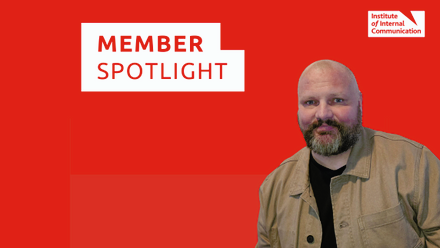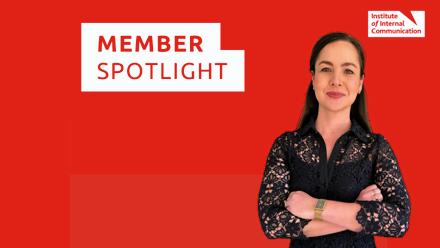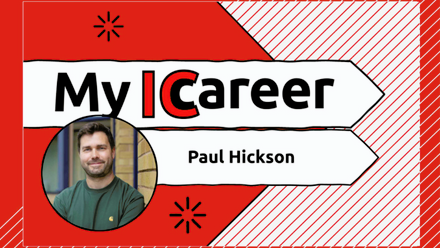In 1996 I was squabbling with engineers about technical jargon in an all-employee newsletter.
In 2006 I led comms for significant change and restructure programmes.
In 2016 I rebuilt a new internal comms team from two to four business partners plus a permanent channels manager.
Writing that has made me realise that I've worked in IC across three decades! During that time, I've had 14 jobs in five organisations, moved from agency to in-house, become a people manager and team leader, and been proud to support IoIC both as regional director and lately, board chair.
So what do those decades have in common?
The first constant has been the reason I came into IC in the first place – to put employees at the heart of the organisation. I've always seen myself as 'Citizen Kate', representing the views and needs of employees and ensuring their stories are celebrated and experiences shared. That's why our 70th anniversary theme – we matter at work – resonates so well with me. Even in the early days, when IC was pretty much a broadcast job, I believed that everyone had a story to tell and a contribution to make to their employer's success.
The second constant is writing. I can't even try to count the millions of words I must have written (and rewritten). Whether it's a news story, FAQ, change briefing, engagement survey, or media statement, our craft and expertise will always be called on. Being asked to 'work your magic' on something is not an insult, as some IC pros fear – it is a compliment. We are the magicians here! Now, how you progress that request further than a mere rewrite is an opportunity that only you can choose to take or, grumbling, shy away from.
Thirdly, relationships. The connections we make at work and in our profession are what will help us progress as individuals. When I start a new job, I book time to meet as many different people I different jobs as I can, to get a flavour of what the company is like from where they're sitting. At work, it's more important to spend time making connections and building relationships than worrying about structures and reporting lines. Away from the day job, I make myself available to IC pros at all stages of their career, because I remember how helpful people were to me when I needed advice. And I represent our profession at industry events because I'm proud of the work my team does to inform, involve and inspire our colleagues every day.
And yet – so much has changed! In growing up inside the profession and seeing it evolve from the editorial era to one of engagement, I've seen how my skills – our skills – have had to evolve accordingly.
A recent highlight has been to crowd-source a new purpose and values for our company. I learned a lot more about facilitation, stakeholder management and cross-function collaboration in three months than I had in the previous several years!
The 'creation versus curation' debate is also something I'm learning to accept and make more of. Personally, I still fear that something will be lost if all messages are equal and user-generated – the rise of 'fake news' in the external world shows how quickly unofficial and inaccurate information can spread. But a mix of lets-call-it-corporate communication and authentic user-generated content can help both direct and engage employees when the balance is right.
The last change for me is that I've moved away from a purely internal comms role. I'm now head of communications and corporate affairs – a move which, my network tells me, is an unusual one as the role is more often suited to someone with an external comms or investor relations background. The fact that I'm there shows a degree of adaptability on my part but, even more, signifies the priority my company places on employee engagement.
If you're looking for a sign of the health and value of our profession, placing an internal comms pro in the most senior comms role in the organisation must surely be it. (I could do without the never-ending budget cycle, mind you; when did I become an accountant?!)
So be in no doubt: we matter at work. As colleagues, as communicators, and as the conscience of our organisations. Accept that challenge bravely – when we succeed as communicators, our business succeeds and our own value grows.






